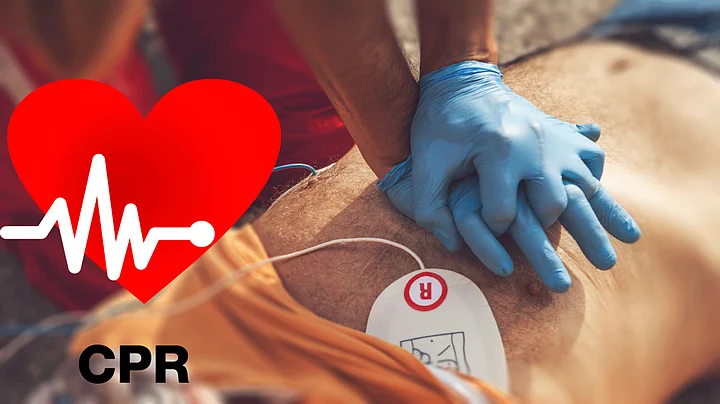For 45 minutes a team of four doctors worked hard to revive him.
Gujarat-based Jaysukbhai Thaker lay motionless on a hospital table in Chennai after a massive cardiac arrest.
Code Blue, Code Blue, Code Blue was blaring on the hospital floor. Even if you aren’t familiar with Grey’s Anatomy lingo, you must know this is hardly a code. It means a patient is dying.
The 37-year-old patient suffered from an end stage genetic disorder which was slowly decreasing his heart’s ability to pump blood. A week before the miraculous episode where doctors brought him back from the dead, he was admitted in Fortis hospital, Chennai for a possible heart transplant.
Two months ago, one day his blood pressure suddenly dipped, heart stopped beating, he turned pale and cold. In a jiffy the ward went in Code Blue. Four doctors including a respiratory therapist, a nurse desperately tried to revive him with CPR (cardio pulmonary resuscitation) for 45 minutes.
And then there was a slight flutter and the heart started beating.
Miracles like these are rare. Even in a hospital setting there is a 15% possibility of survival after a cardiac arrest. If he was not admitted, his chances of being alive today would be zero.Dr Suresh Rao, Chief of Cardiac Anesthesia and Critical Care, Fortis Chennai
With less than 10% of his heart working, the ordeal was far from over.
Related Watch: Here’s How You Can Learn To Perform CPR Correctly & Save a Life
From Hopeless To Hope In an Instant - Multiple Cardiac Arrests But Patient Walks Out Alive!
Jaysukhbhai was immediately shifted to the ICU and that’s when he suffered another heart attack. This time though, doctors put him on a portable heart-lung bypass machine called ECMO and CPR was still being carried out.
We have increasingly started using this technique, ECMO and CPR, for “in hospital” cardiac arrest cases with very good results. In fact world over, these two lifesaving techniques in combination are used only in Japan, San Diego and Taiwan.Dr K.R. Balakrishnan, Director, Cardiac Sciences, Fortis
For the next ten days, Jaysukh was kept on this machine which functioned like his heart. But ECMO cannot be continued indefinitely. For his family, this time was a harrowing blur. Tubes, pumps and drugs kept his fragile body alive till a Hyderabad-based hospital arranged a matching donor heart and he underwent a successful heart transplant.
Two months later, Jaysukh has now fully recovered and ready for discharge.
Life After Being Back From the Brink
Despite his miraculous escape, doctors say that Jaysukh will have a near-normal life from now on. In his case, poor lifestyle, obesity or other related diseases weren’t an issue but it was the genetic condition with his heart which led him to the brink.
Jaysukh will now have to be on heavy immunosuppressants, those are pills which ensure his body doesn’t reject the new heart, for the rest of his life. The current survival rate after a heart transplant is an average of 7 years, as reported by the Cleaveland Clinic, US.
Since this is a fairly new procedure in India with only a few hospitals in metropolitan cities equipped to carry out heart transplants, there are no such survival statistics for India.
Complications From Immunosuppressants
In the first six months after a heart transplant chances of rejection of the organ is maximum. During this period, heavy doses of antibiotics and immuno-suppressants are given to the patient.
But the truth is, you can never predict how things turn out with that kind of downtime. What Jaysukh has suffered and come out of alive is the stuff of soap operas!
Perhaps a sardonic reply from Dr Gregory House will sum up the situation:
Also Watch: Watch: 7 Amazing Facts About Your Heart
(At The Quint, we question everything. Play an active role in shaping our journalism by becoming a member today.)
